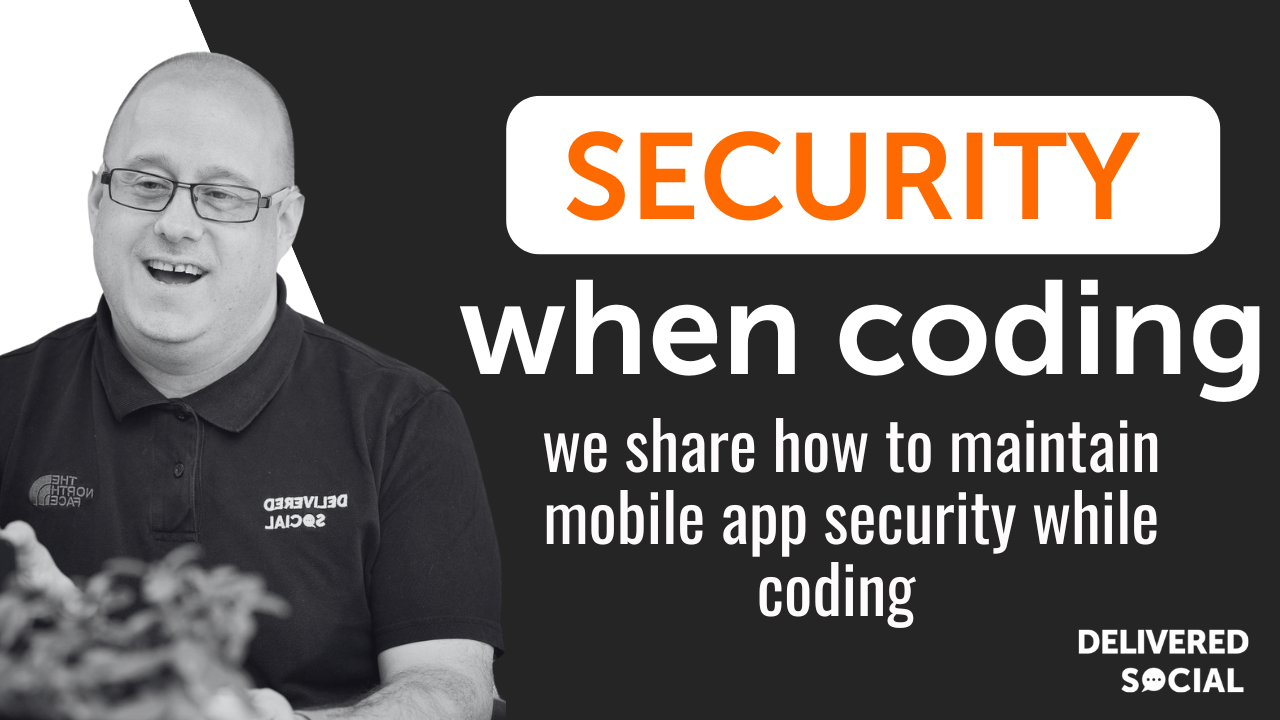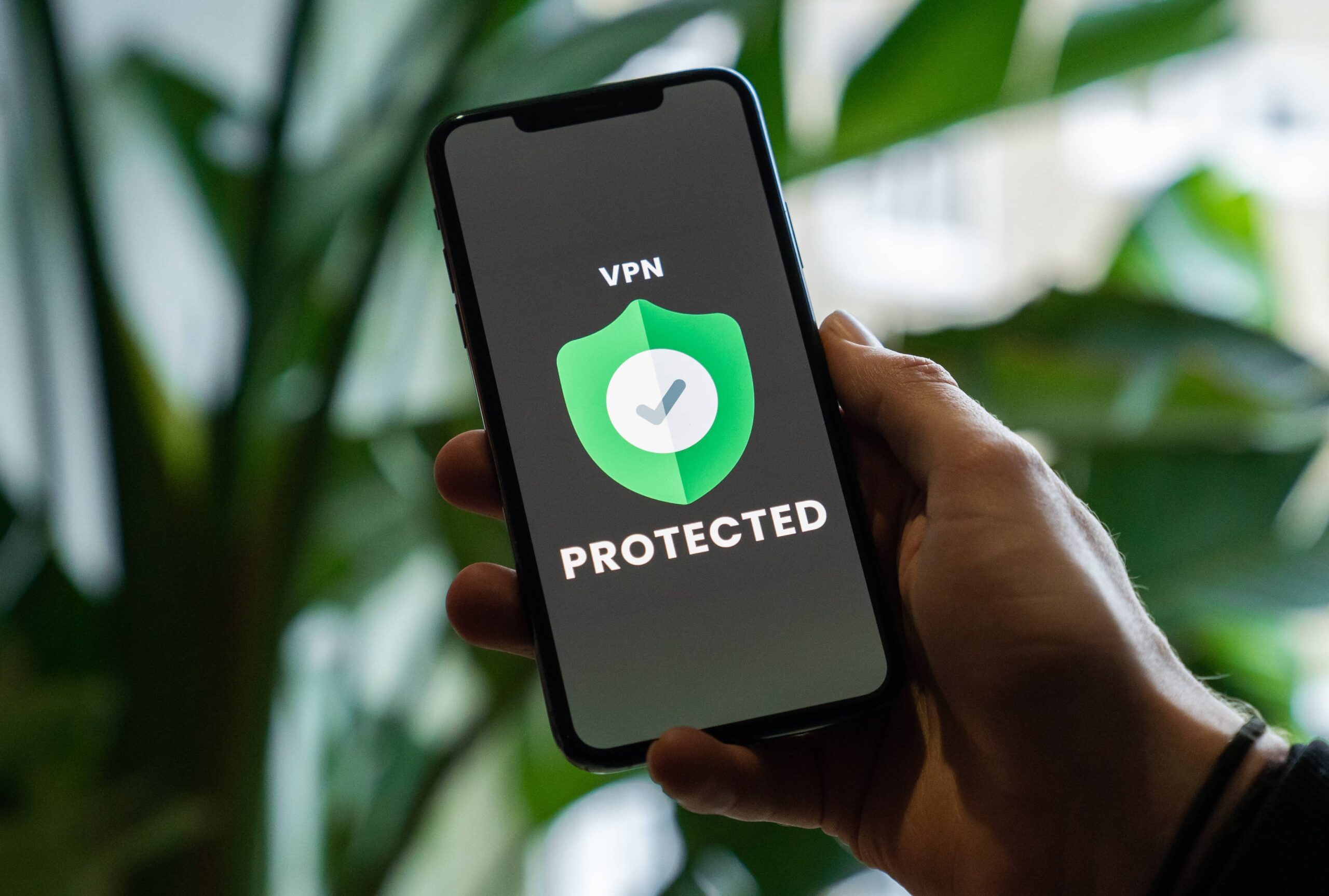
After the industrial revolution, it was the smartphone revolution. And, when talking about smartphones, apps have a significant role to play. The realm of apps is multiplying with every passing day. As per a Techjury report, smartphone users will download over 258 billion apps by 2022. On average, a user checks out 9 -10 apps daily. The stats are surprising, aren’t they!
But, they offer promising results to hackers too. The rise in demand for mobile apps has raised a similar likelihood for app-based attacks. One in four mobile apps carries high vulnerability. And, if ignored, can lead to severe outcomes. This is why it is essential for app developers to focus on the security aspect of their apps.
As the safety issues can be ignored at the development phase, a significant responsibility is on the coders to strengthen their app’s safety. Here are some smart mobile app security tips to keep in mind while coding. Also, check out the risks involved in mobile apps and their effects:
Application Security
App security includes the processes to safeguard mobile apps from virus attacks and hackers by using the necessary security practices available. Keeping the present scenario in mind, mobile safety is mandatory.
An app should abide by the security checklist before publishing it online. Because, when hacked, it will not just reveal the personal data to the hackers but also give access to banking details, location, and more.
[code_snippet id=6]Impact of Compromised Mobile Safety
The results of the survey done by IBM and Ponemon discovered that:
- Around 40% of multinationals do not go for code scanning for mobile security.
- 50% of companies with mobile apps have no budget for their security.
- 33% of companies do not test their app for security-related issues.
With malware practices increasing, a low or weak app safety system may open easy access doors for hackers.
1. Customer data
Getting access to login details of any site and knowing the users’ current location.
2. Monetary data
Hackers can get access to debit or credit card details, and where there is no need for a one-time password, the app is at high risk.
3. IP burglary
Hackers acquire the app codebase for illegally making the app clone. If the app is famous, it is more vulnerable to cloning.
4. Income loss
The essential income source for an app is paid subscriptions. Poor safety makes your app susceptible to access to its premium features, making you lose money.
5. Losing the trust of users
If the information of a user is hacked, an app loses its image and trust. Gaining people’s confidence isn’t simple, and you may end up losing to your competitors.
Safety threats in Android applications
- Using rooted smartphones
- Avoiding updates
- Using unsafe platforms
- Reverse engineering
Safety threats in iOS applications
- Insecure data storage
- User confirmation through Touch ID
- Jailbreak
Common safety threats include improper encryption, infected code injection, and mobile botnets. Therefore, an essential factor of mobile app security is to make sure the application is risk-free, and the data provided by the users is secure. You can do this by ensuring security checks during the mobile app development processes.

Regardless of how robust the development process is, there are bugs and errors which need fixing. It can lead to easy penetration for hackers to acquire the information they need. Here are ways to maintain mobile app security while coding in 2022:
1. Safeguard the source code
Source code is the basic process when programming an app. Therefore, app developers widely use it. However, open-source code is considered more sensitive because hackers can develop clone apps through reverse engineering. Hence, it is essential to safeguard the code.
There is software to complicate the codebase. It means you can make coding more complicated to understand by altering its class, method, and attribute names into unworthy characters.
2. Protect mobile communications using Code Signing Certificates
When transmitting the data from the user to the app, there is a higher risk of getting hacked. The hacker can work as a middle man over Wi-Fi or a cellular network. Thus, it is important to protect data when transferring.
Encryption of the data includes using VPN tunnels, SSL, TLS communication to safeguard it during transit. App developers can also use Code Signing Certificates. They virtually sign the application code to offer end-to-end safety from the developer’s to the user’s system. Hence, the app cannot be changed during the download or distribution. The general code signing certificate is a little pricier than a standard SSL certificate. They ensure that your applications are secure for download, enhancing confidence in your brand. However, if you need advanced validation for mobile apps, you can go for an EV code signing certificate. It offers higher safety through enhanced validation and private keys stored in the external storage. It is trusted by Google, Mozilla and Microsoft; hence is more beneficial for mobile app developers.
3. Using cryptography efficiently
Cryptography is an essential element when considering app security. But its inefficient implementation may lower safety overall. Hence, always use the latest APIs. In addition, selecting the right cryptography equipment will help you get better app safety.
4. Penetration testing
Penetration testing is an efficient method to look for flaws from the hacker’s point of view. It helps you find the weakness that a hacker may use. It includes unencrypted data, lack of password expiry protocol, and non-compliance with password policies. It is suggested to do penetration testing frequently to wipe out all loopholes for hackers.
5. Impose robust authentication
Sturdy authentication is a significant part of cybersecurity. For example, top-level authentication lowers the risk of unauthorized access and password theft.
Multi-factor authentication means offering a discreet code through message, CAPTCHA, or passwords for transactions lower the risks. On the other hand, high-level authentication guarantees solid app security.
Prompt users to change their passwords every six months. Then, for better safety, apps can go for biometric authentication such as Touch ID or Face scan.
6. Prohibit using personal devices
To save the cost of purchasing devices, companies often permit employees to use their devices for app development and testing. However, it may leak the codes and data. Hence, companies should provide employees with devices without installing any apps. Also, ensure a firewall and anti-virus scrutinize the device.
7. Avoid data leaks
Users install all apps without setting up the securable data under threat. Hence, it is crucial to separate business apps from private apps. It can be done by:
- Giving up copy and paste
- Avoiding screenshots
- Watermarking important files
- Never saving essential files on the phone
8. Use third-party libraries carefully.
Third-party libraries aid in the development procedure by enhancing the app release. However, it brings a great threat to mobile safety. Hence, try using fewer third-party libraries to lower the hacking risk.
9. Do not save passwords.
Several apps save passwords for the convenience of the users. However, saved passwords may give access to all the details to the hackers.
Hence, developers should avoid saving passwords. Instead, save it in the app server and let the customer log in from the webserver.
Wrapping up
Mobile app security needs immediate attention. If you are looking forward to developing an app, don’t forget to follow the above-mentioned mobile security checklist to ensure the safety of your app.
In the present scenario, users are well-aware of mobile security. So, if your app doesn’t offer proper safety, it will lose its credibility. Hence, make apps with suitable security modules and test them periodically to strengthen their security.
Did you enjoy this blog? Try another!
The Complete Guide to Using Apple Business Listings for Your Company
Interested In Working Together?
Introducing Delivered Social. We’re The Most-Rated Digital Agency In Surrey & Hampshire – We’ve Got To Be Doing Something Right.
Delivered Social is a digital marketing agency with one mission—to help businesses grow. We’re famous in Guildford and Portsmouth for our social clinics. We believe in free advice. We build lasting relationships because our team prides itself on being helpful, which our clients appreciate.
If you are looking for a new website or an agency to manage your social media presence, we can help.
If you need something slightly different, here's a super handy list of all our services, or you can always email us.























